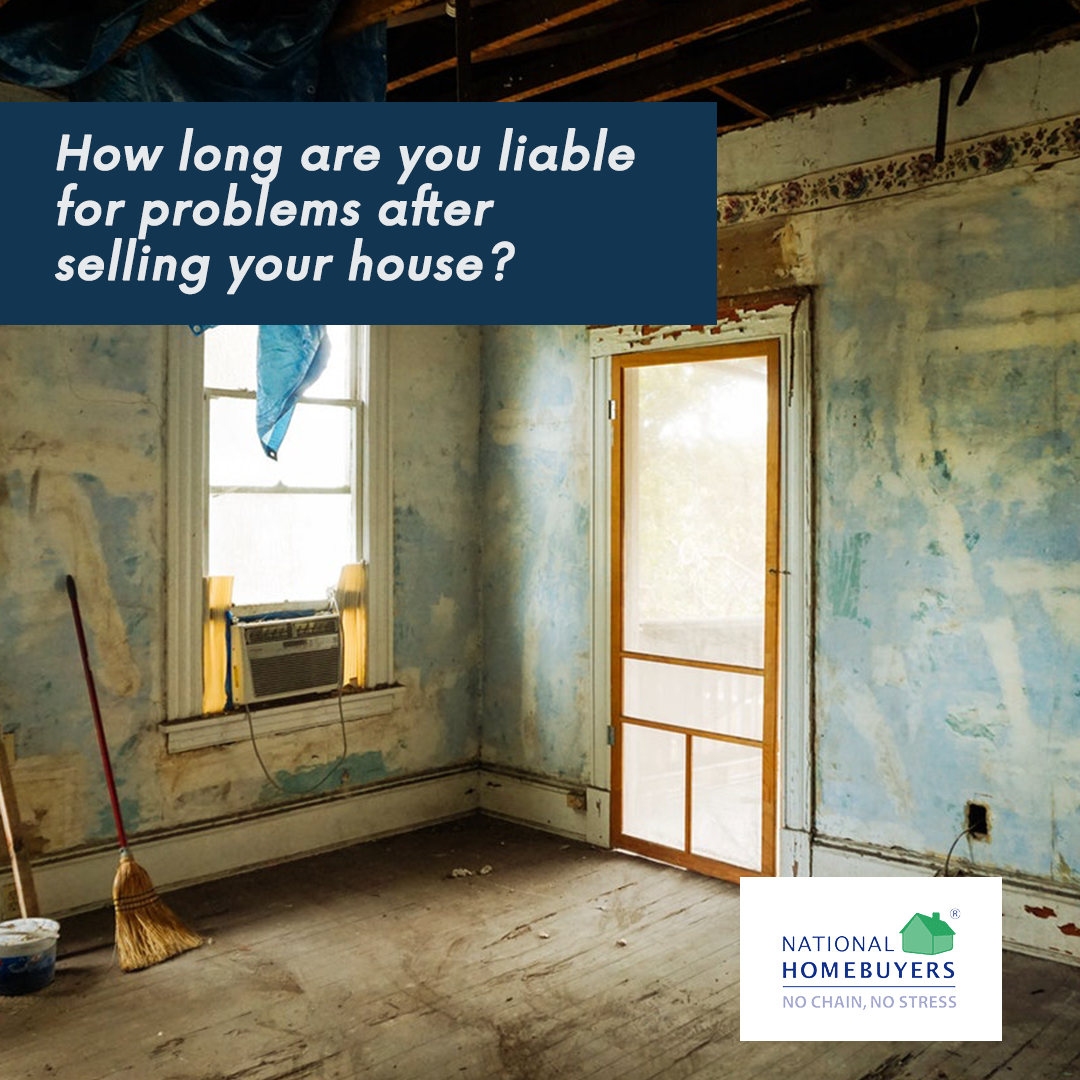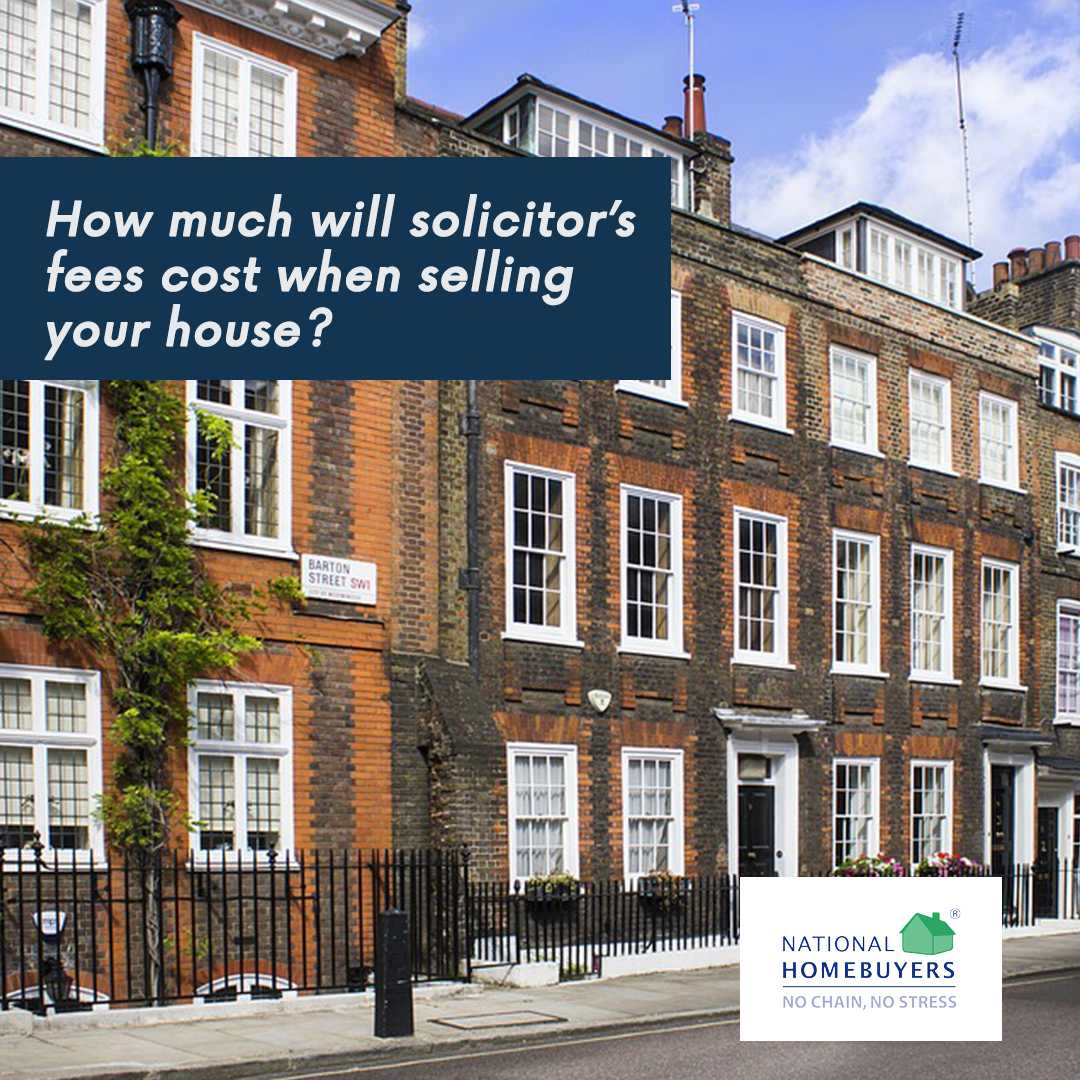How to sell a house at an auction
When a seller is faced with several different options to sell their house, they often find the prospect of using an auctioneers quiet tempting. But how do auction houses work? And are they worth your time and trouble?
How confident are you that your house is a purchaser’s dream? Do you like to gamble? Are you willing to risk your investment for a chance to strike it rich?
These are among the first questions anyone considering selling a house in an auction should ask themselves. We’ve all heard stories of property owners who took a chance that paid off in spades, and this often piques our interest – but bear in mind, those sellers whose make-it-rich-quick plans backfired spectacularly are unlikely to be overly vocal about it.
So how do you auction a house?
An auctioneer is simply another means of presenting your home to potential sellers, much like an estate agent or through private listings. Similar to estate agents, auctioneers will take a percentage of the profit – often between 2-3% – so it is in their best interests to sell for as high a price as possible.
However, the work necessary for an auctioneer to attempt to sell your house means that even if your home does not sell, you will still be liable for their costs, often in the range of £1,200-£1,500 plus VAT. There are many auctioneers across the country, so if you are planning on taking this route for a quick house sale, ensure you find a local business that knows your area well.
What are the benefits of auctioning a home?
To put it simply, speed. Once the hammer is down, the winning bid needs to pay a 10% deposit to secure the property. After the auction, the buyer must present the full amount of funds within 28 days – which helps to prevent gazumping – or the sale will fall through and the deposit will not be refunded.
What is the guide or reserve price at an auction?
For those who wish to know how to sell a house at auction, it’s important to not to be confused between the two. An auctioneer and seller will provide two separate prices to entice buyers:
- A guide price is provided to buyers through marketing and lets them know the price at which bidding for the property is most likely to start.
- A reserve price is the minimum price that they would accept in order to part with the property. Of course, if the reserve price is not met, the seller is still liable for the auctioneer’s fees.
What are the disadvantages of selling a house at auction?
The greatest worry facing a buyer at an auction is the failure to know the future. Those who do choose to use an auction house should fit into the following criteria to stand a chance of a successful outcome:
- Your house is hard to value – some houses are simply so unique that there are no comparables in the area. For this reason, estate agents could undervalue the property in an effort to encourage a sale. Buyers who frequent auctions are usually more likely to pay a higher price for distinctive, rare houses.
- Your house needs renovation – many buyers at auctions also tend to be investors and will pay good money for a property that they can quickly renovate before making a swift sale and pocketing the difference.
- Your house has sitting tenants – for those looking for a bargain that can immediately pay dividends in the form of rental payments, houses that already have sitting tenants save landlords from extra legwork.
Many sellers who start to research how to sell a normal-everyday house at auction soon discover a few depressing facts that often encourage them to reconsider:
- An everyday house is not an attractive prospect for most buyers – hence why standard homes often sell for as little as 40% of their market value.
- Auction houses are there for people with a lot of disposable cash who a looking for a bargain whose aim is to buy your house for as little as possible.
- While you can often pass all associated auction fees to the buyer in the small-print, more astute buyers will make note of this and ultimately drive down the price during bidding.
While auctions may be fast, there are better, safer, ways of achieving a quick house sale, such as house buying companies who offer competitive prices with excellent communication throughout the whole process, and if you don’t feel the offer is right for you, you can pull out of the deal without any further penalisation.
Need a quick sale but don’t want to use an auctioneer? Why not ask National Homebuyers for advice, as we buy any house. Call 08000 443 911 or request a call back to find out how much you could get for your property.






